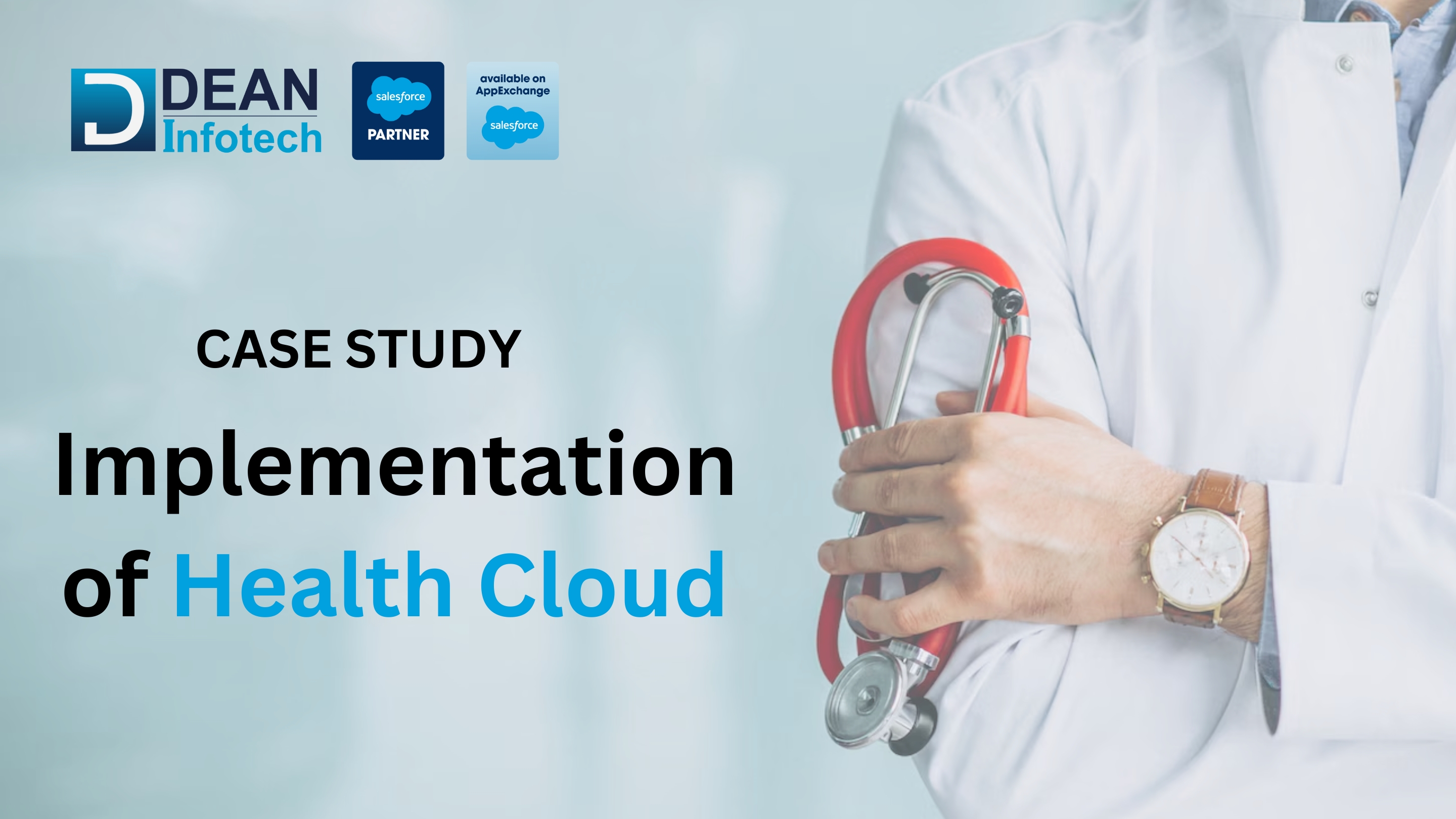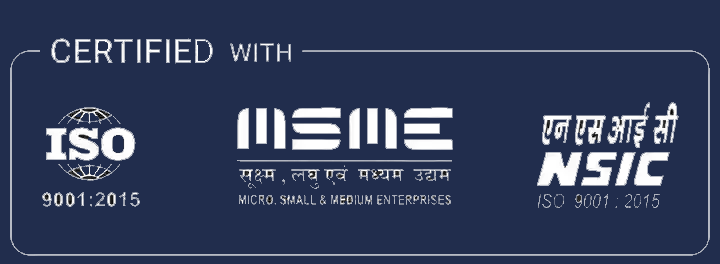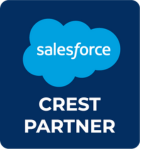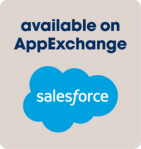Case Study for Implementation of Salesforce Health Cloud
 Ankit Agarwal Friday, October 11, 2024
Ankit Agarwal Friday, October 11, 2024
This case study highlights how implementing Salesforce Health Cloud transformed a healthcare clinic by centralizing patient data, streamlining communication, automating tasks, ensuring compliance, and boosting patient engagement and satisfaction.
About Company:
It is is a physician-run leader in Telepsychiatry, dedicated to providing quality therapy and psychiatric services for individuals of all ages. They evaluate patient needs to match them with licensed therapists and psychiatrists from their network, ensuring timely access to care. Their holistic approach addresses the root causes of mental health issues, promoting sustainable outcomes such as improved mood, mental clarity, and healthy relationships.
Challenges:
- Fragmented Patient Data: Patient information was stored across various systems, leading to a lack of centralized and comprehensive records. This made it difficult for healthcare providers to access complete health histories and deliver personalized care.
- Inefficient Communication: Communication between healthcare professionals was unstructured and slow. This disorganization resulted in delays, miscommunication, and a higher risk of errors in patient care.
- Manual Administrative Processes: The clinic relied on manual processes for many of its day-to-day operations, such as scheduling, billing, and updating patient records. These manual tasks not only consumed valuable time but also increased the risk of human error.
- Data Security and Regulatory Compliance: Safeguarding sensitive patient information while adhering to strict healthcare regulations was a constant struggle. The clinic was concerned about data breaches and non-compliance with healthcare regulations, which could lead to significant penalties.
- Patient Engagement: The clinic found it difficult to keep patients engaged in their care journey. The lack of a system for personalized communication and ongoing engagement resulted in reduced patient satisfaction and less effective care outcomes.
Solution: Salesforce Health Cloud Implementation
- Centralized Patient Data:
Using Salesforce Health Cloud, we created a unified system for patient records. All patient information, including medical history, appointments, and communications, was consolidated into a single platform, allowing healthcare providers to access comprehensive and up-to-date records.
- Streamlined Communication:
Salesforce Health Cloud’s collaboration features enabled efficient communication among healthcare professionals. Care teams were able to collaborate in real-time, share patient data seamlessly, and make quicker, more informed decisions about patient care.
- Automation of Administrative Processes:
We automated many of the clinic’s administrative tasks, including appointment scheduling, patient follow-ups, and billing. This automation reduced the workload on staff, minimized errors, and allowed them to focus more on patient care.
- Enhanced Data Security and Compliance:
Salesforce Health Cloud comes with robust security features and built-in compliance with healthcare regulations like HIPAA. This ensured that patient data was securely stored and handled in accordance with regulatory requirements, alleviating concerns about data breaches and compliance penalties.
- Improved Patient Engagement:
With Salesforce Health Cloud, we implemented patient portals and personalized communication tools. Patients could now access their medical information, track their treatment plans, and engage with healthcare providers more effectively. Personalized care plans and proactive communication helped increase patient satisfaction and overall health outcomes.
Impact:
- 80% improvement in healthcare providers' access to real-time, comprehensive patient data, allowing for more personalized care.
- 65% reduction in communication delays among the care team, leading to fewer errors and quicker decision-making.
- 50% increase in operational efficiency by automating administrative tasks such as appointment scheduling and billing, saving valuable time and reducing manual errors.
- 100% compliance with healthcare regulations (HIPAA) and enhanced data security, eliminating concerns over breaches and regulatory penalties.
- 40% boost in patient engagement and satisfaction, as patients were more involved in their care through personalized communication and easy access to their health information.








Comment